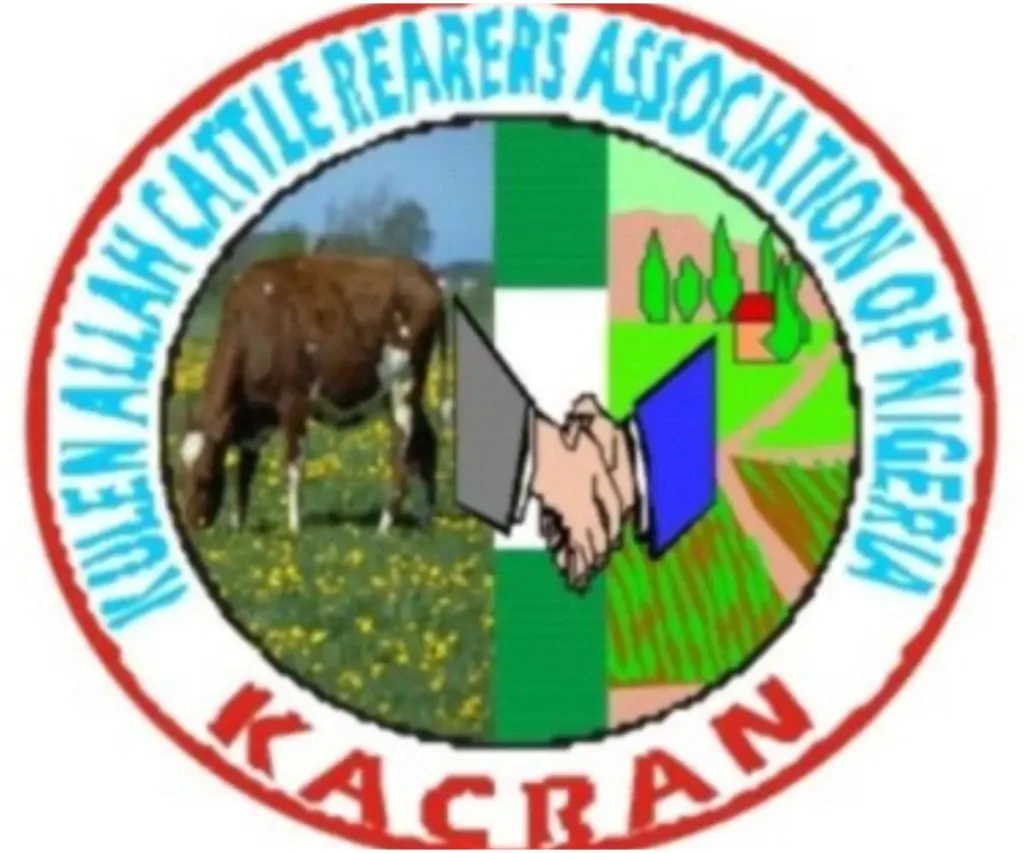In a bid to bolster political participation among Nigeria’s pastoral communities, the Kulen Allah Cattle Rearers Association of Nigeria (KACRAN) has initiated a nationwide door-to-door campaign to educate herders on voter registration. The effort, announced by the group’s National President, Khalil Moh’d Bello, in a Monday statement, aims to ensure pastoralists are equipped to engage in Nigeria’s electoral processes ahead of the 2027 general elections.
The campaign launched last Thursday in Jakusko, a rural local government area in northeastern Yobe State, following the Independent National Electoral Commission’s (INEC) renewal of its Continuous Voter Registration (CVR) drive. KACRAN emphasized the urgency of addressing barriers faced by herders, whose mobile lifestyles and residence in remote regions often isolate them from civic resources. “Pastoralists must not be excluded from shaping the nation’s future,” the association stated, stressing the constitutional right of its members to vote and contest elections.
Central to the initiative is simplifying the digital registration process, which some herders find challenging due to limited access to technology and literacy gaps. Volunteers are providing step-by-step guidance on registering first-time voters, replacing lost cards, and updating information for those displaced by seasonal migration. The association highlighted that youth inclusion is a priority, with efforts focused on assisting families in enrolling children who have recently turned 18.
KACRAN praised INEC’s ongoing efforts to widen participation, including voter registration programs in prisons, and called for similar attention to pastoral communities. “If inmates are granted access, herders—equally integral to society—deserve no less,” the group asserted. The campaign also seeks to foster political ambition within pastoralist circles, preparing members to vote or run for office in upcoming elections.
While acknowledging logistical hurdles, KACRAN urged federal and state authorities, alongside civil society groups, to support INEC’s broader objectives of expanding voter rolls, updating records, and accrediting new political parties. The association framed its mobilization as a step toward fairness in Nigeria’s democracy, ensuring that marginalized groups can influence governance.
With Nigeria’s elections often marked by low turnout in rural areas, the campaign underscores a broader push to bridge gaps in civic engagement. As herding communities face escalating challenges—from land disputes to climate pressures—their political mobilization could amplify their voice in policymaking. For now, KACRAN’s volunteers continue traversing remote settlements, one household at a time, weaving electoral access into the fabric of Nigeria’s pastoral lifeways.
